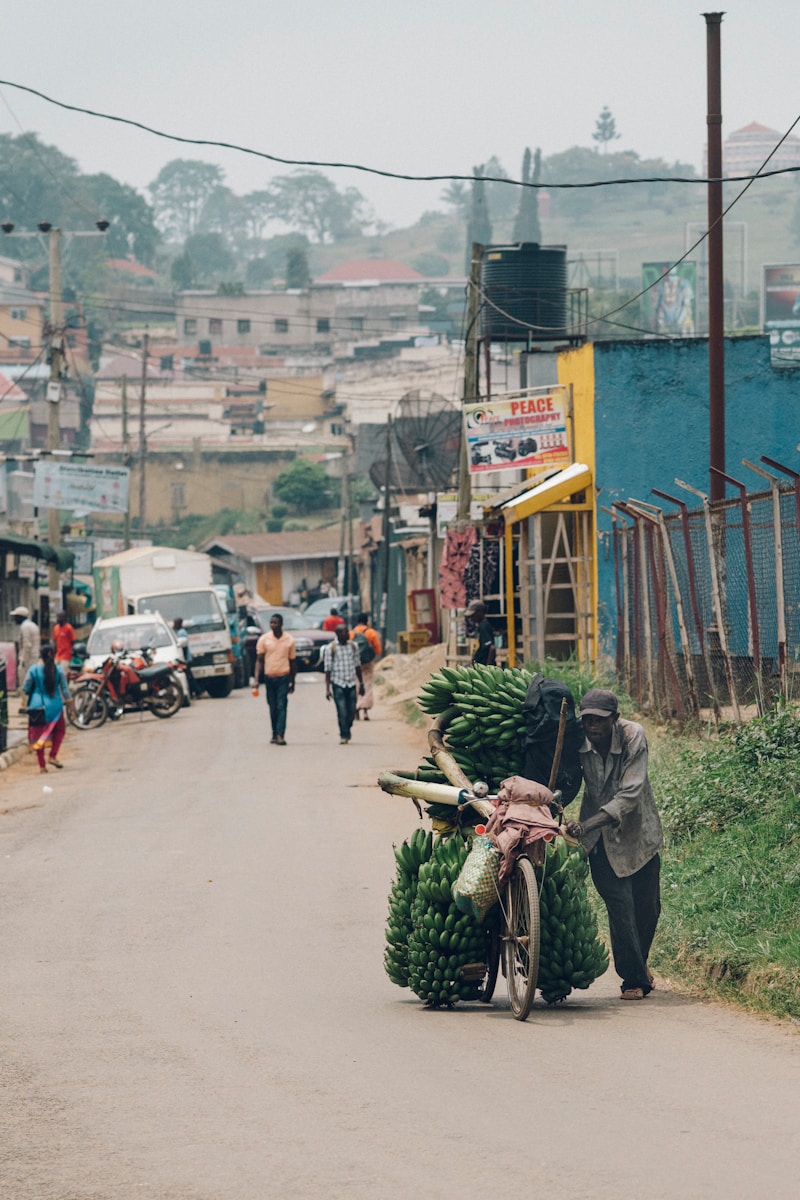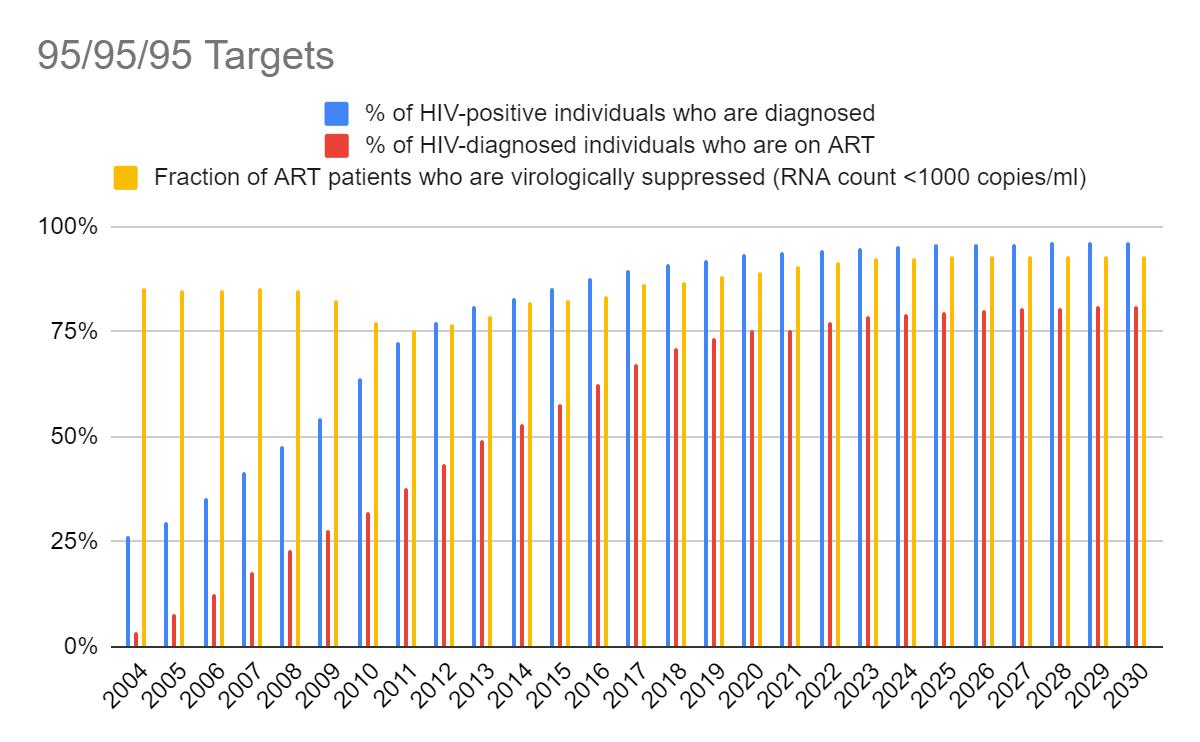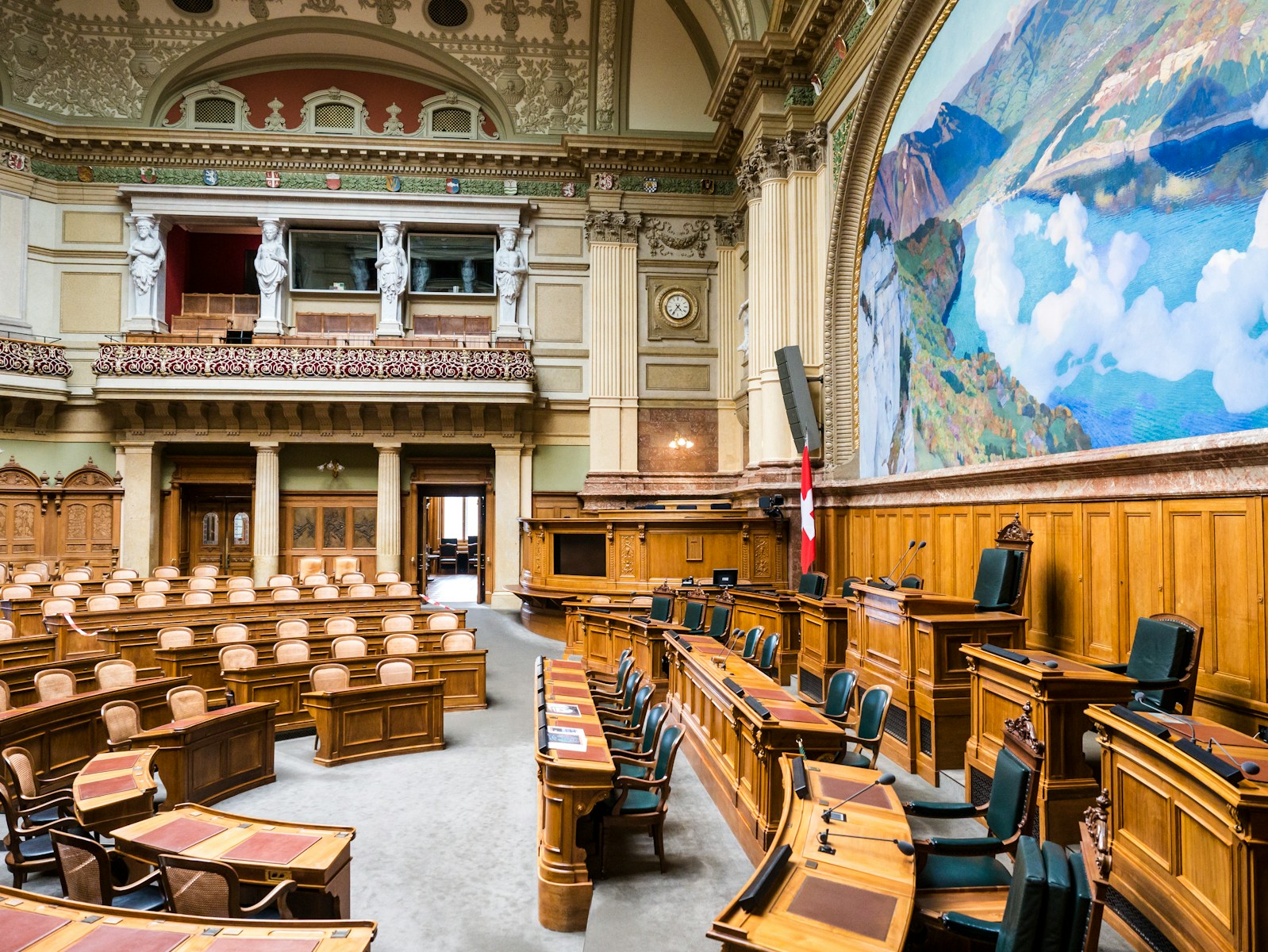Lesotho Economic Crisis: A Perfect Storm of Aid Cuts and Tariffs
Lesotho, a small, landlocked kingdom in Southern Africa, is grappling with a severe economic and public health crisis. The combined effects of drastic foreign aid cuts and steep US trade tariffs under the Trump administration have pushed the nation to the brink of economic collapse. According to the Lesotho Economic Crisis report by the African Development Bank (AfDB), economic growth is expected to plummet from 2.4% in 2024 to a mere 0.5% by 2026.
This alarming slowdown is attributed to declining revenues from the Southern African Customs Union, reduced foreign aid, and the imposition of prohibitively high US tariffs. The cancellation of a crucial $300-million Millennium Challenge Corporation compact has further exacerbated the country’s financial woes, threatening vital sectors across Lesotho.
Lesotho Economic Crisis-Health Sector Hit Hard: A Crisis Within a Crisis
The aid cuts have particularly devastated Lesotho’s fragile health system. The abrupt termination of US aid programs resulted in the loss of approximately 1,500 healthcare jobs, severely undermining HIV prevention, treatment, and outreach efforts. With one of the highest HIV prevalence rates globally—over 20% of adults living with the virus—this setback poses a grave public health risk.
Lesotho’s healthcare workforce stands at just 21 health workers per 10,000 people, far below the World Health Organization’s recommended minimum of 44. This shortage compromises the delivery of essential services and increases vulnerability to health crises, further deepening the Lesotho Economic Crisis.
Textile Industry Under Threat from US Tariffs
Lesotho’s key export sector, textiles and apparel, faces an existential threat due to new US tariffs. Historically reliant on duty-free access to the US—accounting for 47% of shipments and nearly 13% of GDP—the industry now confronts tariffs as high as 50%, temporarily reduced to 10% until August 1.
The African Development Bank warns that these tariffs could cause a 20 to 30% decline in orders, leading to losses exceeding R1 billion in exports. Factory closures, layoffs, and reduced investment are looming risks, which would further suppress tax revenues and worsen unemployment amid the ongoing Lesotho Economic Crisis.
Lesotho Economic Crisis-Economic Diversification: A Vital Strategy for Lesotho
To address the deepening Lesotho Economic Crisis, experts stress the urgent need for economic diversification. Reliance on a few key sectors, especially textiles, leaves the country vulnerable to external shocks like tariffs and aid fluctuations. Expanding into agriculture, mining, and services could create new job opportunities and stabilize growth.
Investing in skills development and infrastructure is essential to support these emerging sectors. The African Continental Free Trade Area (AfCFTA) presents a unique chance for Lesotho to tap into regional markets, reducing dependence on the US and increasing trade resilience.
Lesotho Economic Crisis-Social Impacts and Rising Poverty
The combined effect of aid cuts and trade barriers is intensifying poverty and inequality in Lesotho. Many families face worsening living conditions as job losses mount and public services shrink. Social unrest risks grow unless policymakers act decisively to protect vulnerable populations.
Community programs and social safety nets, supported by both government and international partners, are crucial for mitigating these impacts. However, sustained economic reforms remain the cornerstone of long-term stability and poverty reduction.
Lesotho Economic Crisis-Policy Recommendations and the Way Forward
The AfDB report outlines several policy recommendations to steer Lesotho away from collapse. Key among them are tax reforms to improve revenue collection, debt management, and boosting export competitiveness by improving quality standards and logistics in the textile sector.
Lesotho must also accelerate regional trade integration under AfCFTA and foster entrepreneurship outside textiles. By doing so, the country can reduce exposure to US tariff shocks and build a more resilient economy.
Learn more about economic reform strategies at VoiceMauritiusNews.
Investment and Regional Cooperation: Keys to Recovery
Attracting foreign and domestic investment is critical to reversing the Lesotho Economic Crisis. The government aims to create a more favorable business climate by simplifying regulations, enhancing infrastructure, and ensuring political stability. These efforts are designed to encourage investors to support emerging industries beyond textiles.
Regional cooperation through platforms like the Southern African Development Community (SADC) and the African Continental Free Trade Area (AfCFTA) is equally important. These agreements facilitate trade, reduce barriers, and promote economic integration, providing Lesotho with access to larger markets.
Addressing Health and Social Challenges Concurrently
While economic reforms are underway, addressing Lesotho’s public health crisis remains urgent. Strengthening healthcare systems, increasing funding, and re-engaging international partners are vital to combat HIV and other health challenges exacerbated by aid cuts.
Community outreach and education programs must be expanded to protect vulnerable populations and reduce the disease burden, which directly affects workforce productivity and economic recovery.
Conclusion: A Path Towards Stability and Growth
Lesotho stands at a critical crossroads. The Lesotho Economic Crisis brought on by aid reductions and US tariffs threatens to undermine decades of development progress. However, with swift policy action, economic diversification, and stronger regional trade ties, the country can stabilize and chart a path toward sustainable growth.
Continued international support and domestic reforms will be essential in this journey.
For comprehensive analysis on Africa’s economic challenges, see the report by the African Development Bank.
Strengthening Governance and Fiscal Discipline
Effective governance and fiscal discipline are fundamental to overcoming the Lesotho Economic Crisis. The government must prioritize transparency, accountability, and efficient public spending to rebuild trust and optimize resource allocation. This includes strengthening institutions responsible for tax collection and public financial management, ensuring that revenues are used effectively to support development goals.
Enhancing fiscal responsibility will also improve Lesotho’s creditworthiness, facilitating access to international financing on better terms. Such improvements are critical for financing infrastructure projects and social programs necessary to foster inclusive growth.
Empowering Small Businesses and Entrepreneurs
Small and medium enterprises (SMEs) form the backbone of Lesotho’s economy and are key to job creation amid the ongoing crisis. Supporting entrepreneurship through access to credit, training, and market opportunities can stimulate economic activity and reduce unemployment. The government’s role in creating an enabling environment for SMEs is crucial, particularly by simplifying regulations and offering targeted incentives.
Fostering innovation and diversification in business sectors beyond textiles can help Lesotho build resilience against external shocks such as trade tariffs and aid cuts.
Conclusion: Navigating Towards a Resilient Future
Lesotho’s economic situation is undeniably precarious, with aid reductions and trade barriers compounding existing vulnerabilities. Yet, this crisis also presents an opportunity for profound transformation. By embracing comprehensive reforms encompassing economic diversification, fiscal discipline, and social support, Lesotho can rebuild a more stable and equitable economy.
The path forward demands strong leadership, coordinated policy efforts, and sustained commitment from both domestic stakeholders and international partners. Expanding regional trade under frameworks like the AfCFTA, investing in human capital, and strengthening governance are essential pillars for recovery.
Ultimately, Lesotho’s resilience will depend on its ability to adapt to changing global dynamics while addressing the immediate needs of its population. With decisive action, the country can turn crisis into opportunity and lay the groundwork for sustainable growth and improved well-being for all its citizens.
For more in-depth economic analyses, visit VoiceMauritiusNews.




